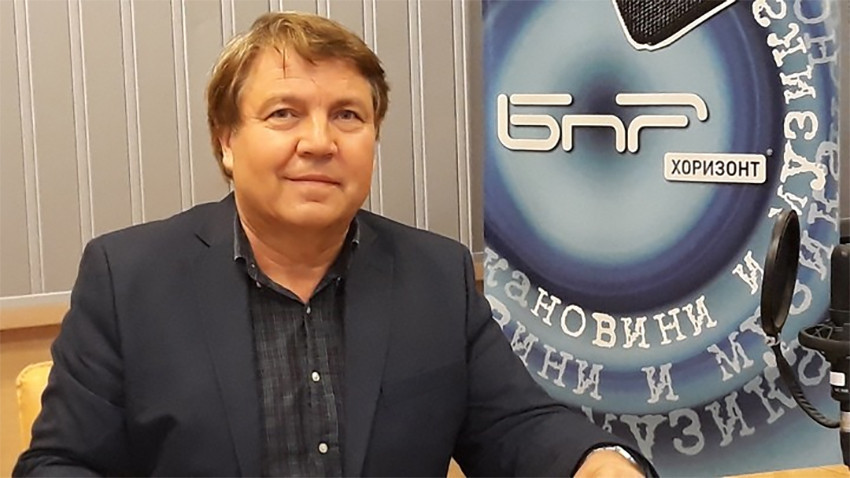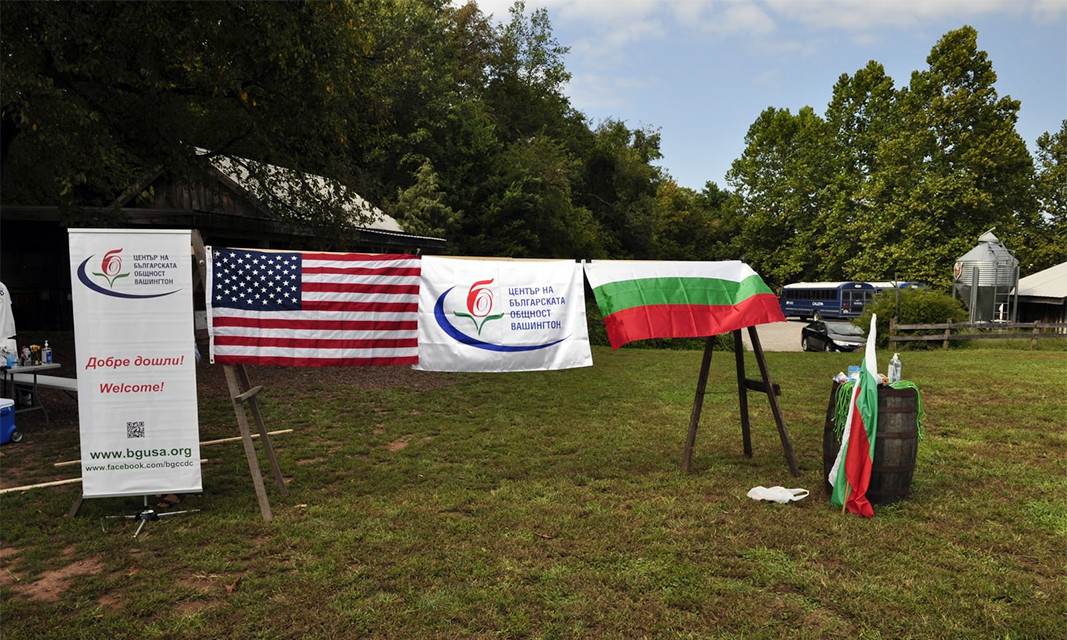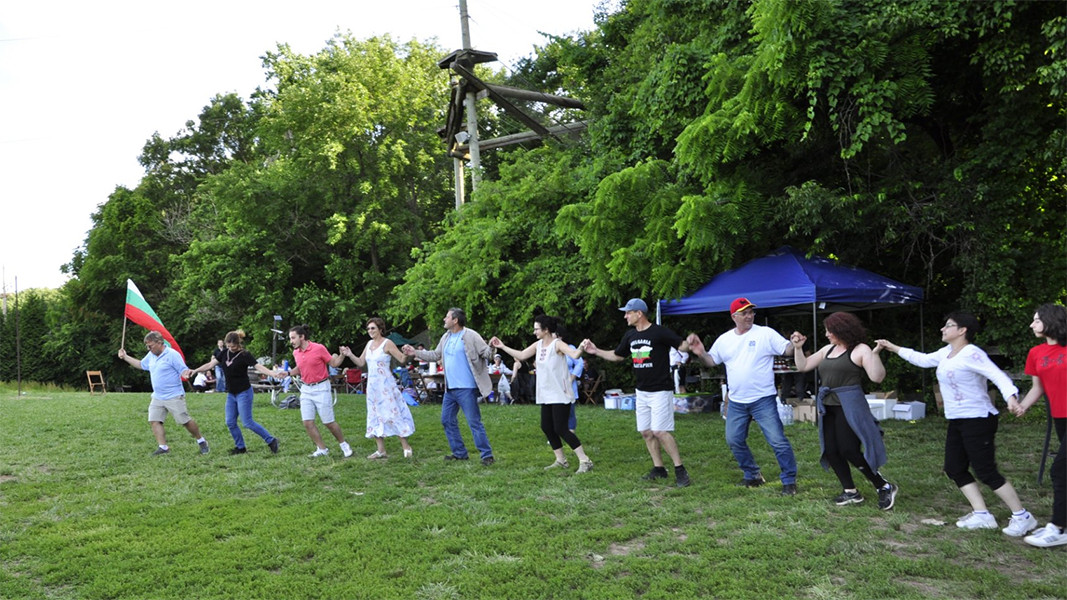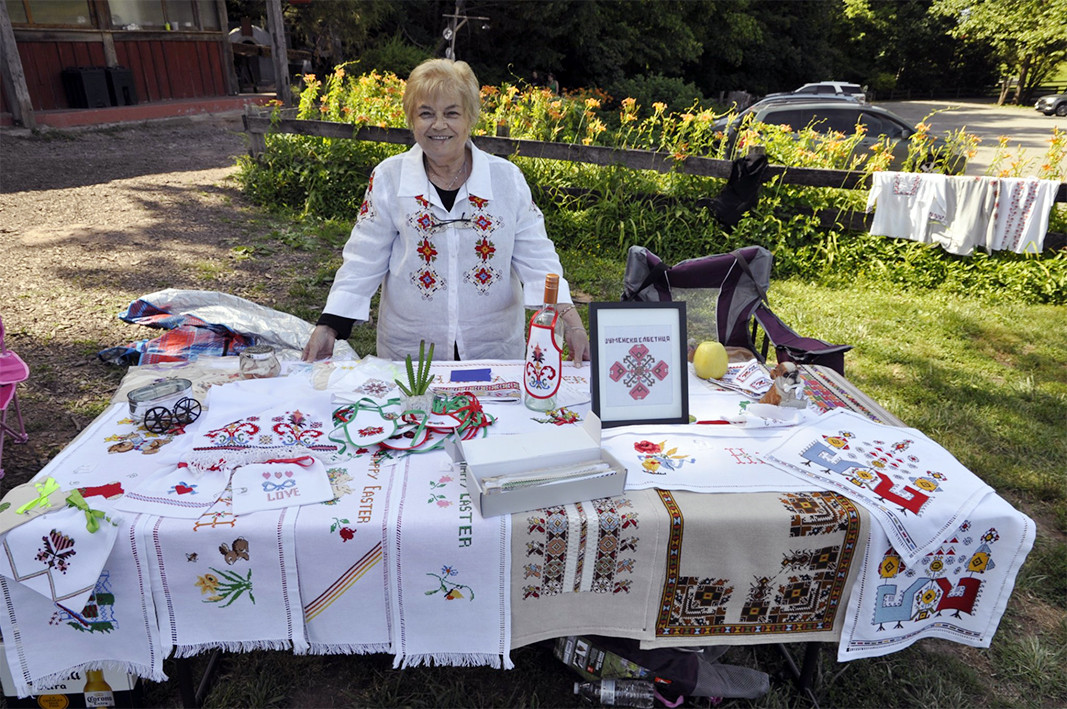We share a common sadness for our homeland, says Prof. Dr. Assen Asenov, who lives in Washington, DC, and who has dedicated himself to the study of Bulgarians abroad. After the democratic changes in Bulgaria, the wave of immigrants to America brought many Bulgarian professionals to the country, including himself."This is a great tragedy for Bulgaria and a great gift to the United States," says Prof. Dr. Assen Assenov. There are no exact statistics on the number of Bulgarians who have settled in the US, which is, among other factors, due to the fact that they are scattered throughout States, but also to the legislation of both countries.
"The challenge is to determine who is Bulgarian in the first place. If a child is born to Bulgarian parents in the USA, American law considers him an American, while Bulgarian law treats him as a Bulgarian only if he has applied for Bulgarian citizenship - explained in an interview for Radio Bulgaria prof. Assenov, who is among the founders of the Bulgarian Community Center in Washington, D.C. - According to some estimates, there are over 400 thousand Bulgarians in the U.S., which I think is too many. Officially, it is believed that they are between 120-130 thousand people, but it is more likely about 250-300 thousand. For the Washington area (about 100 km around) I think we are about 10-15 000 people.“
In addition to being dispersed, the community is also very diverse in its interests and expertise.

"At the end of the 1990s, thousands of Bulgarians came to the USA and one of the things that united us was the lost connection with our homeland, with friends, with culture, with language. Around the year 2000, the Internet was not yet so advanced that we could watch Bulgarian television, Bulgarian films and have a more direct connection with our homeland. Telecommunications were quite expensive and limited. The face-to-face encounters of the immigrants who came here, stressed by the lack of contacts, professional development and recognition, became one of the reasons we created the Bulgarian Community Center for the Greater Washington, D.C., Area," Asenov recalls. Then came the folk ensemble Lyuti Chushki (Chili Peppers - ed.) with vocalist Tzvety Dosseva, kaval player Valeri Georgiev and other musicians who kept the Bulgarian spirit alive. There were between 30 and 40 children in the school then, and I will never forget the energy with which the enthusiasts who embraced this cause created the school."

The Bulgarian Community Center, opened in 2002 with the assistance and financial support of many compatriots - doctors, musicians and lawyers who have become its socio-economic core, organizes 12 film festivals, 14 annual Bulgarian gatherings that unite Bulgarians - from babies to adults over 90 years, numerous concerts of Bulgarian singers and dance groups.

"The idea is that these people come to our events, make contacts, preserve our culture. What's more, they work and live among Americans and we hoped that they would invite their friends to come and learn about our rich culture, the music and dance, the history, the cuisine - to see the universe of the Bulgarian soul. This has been the mission of the Bulgarian Community Centre for 23 years", explains Prof. Dr. Asenov.

The Bulgarians from Washington also took part in the World Culture Festival, which was held in the American capital at the end of September, and together with other folklore groups from the United States, with bagpipers and kukuers from Bulgaria, they presented the different folklore regions of our country.
In addition to playing an active public role in this community, Assen is a distinguished economist. "In the late 80s and early 90s, I was a lecturer at the University of National and World Economy in Sofia, but the slow pace of the transition to democracy and my desire for professional development prompted me to come to the US," he explains his reasons for choosing to live overseas. - In 2006, I became a visiting professor at the American University in Washington. - My main research work in the last 6 years has been at the National Institutes of Health in the US, where I work as an economist and can say that it is the best funded and known institute for biomedical research. It has researchers from all over the world, including Bulgaria. My task there is to prepare financial analyses and estimates of the potential impact of all the investments of the US government in biomedical research."
As winter numbs the wilderness, the tortoises hibernate in their shelters, protected from the cold and outside threats. But what happens to them during this time? Where do they feel safest and when can we expect them to wake up? In the village of..
On January 25 this year, the Bulgarian National Radio will celebrate its 90th anniversary. The celebration will be accompanied by various initiatives, culminating in the ceremony of presenting the Annual Radio Journalism Awards "Sirak..
Bulgarian gardeners have been bringing the glory of Bulgaria to Croatia for more than a century and a half. They were true "ambassadors" of the humble and hardworking Bulgarian people, Diana Glasnova, author of the book Bulgarian Gardeners in..
On 25 January 1935, Tsar Boris III signed the decree establishing the Bulgarian National Radio. The document, which officially marked the beginning of..
The Federation of European Carnival Cities has declared Pernik a global center of masquerade traditions. 16 years ago, Prenik was named the European..

+359 2 9336 661
